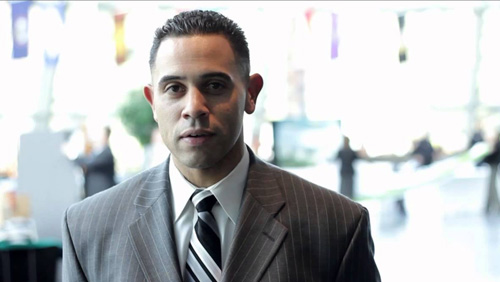The Mashantucket Pequot Tribal Nation (MPTN) is realigning its long-term debt as it braces for the opening of MGM Springfield in late 2018.
 Hartford Business reported that the MPTN, which owns the Mashantucket Pequot Gaming Enterprise, has secured the clearance to extend the repayment of its long-term debt to June 30, 2020 and its forbearance agreement with senior lenders to June 30, 2019.
Hartford Business reported that the MPTN, which owns the Mashantucket Pequot Gaming Enterprise, has secured the clearance to extend the repayment of its long-term debt to June 30, 2020 and its forbearance agreement with senior lenders to June 30, 2019.
“With the reality of competition expanding throughout the Northeast, Foxwoods continues to add a variety of non-gaming and family-friendly offerings in preparation for the imminent changes to come,” MPTN Chairman Rodney Butler said, according to the report. “By realigning our Term A obligations and extending our forbearance agreement, we can better ensure that our ongoing plans will be compatible with long-term profitability.”
This is welcome news for the tribe, which is currently preparing for a showdown with MGM Resort International. MGM is expected to open the doors of its $960 million hotel and resort casino in Springfield, Massachusetts, in the fall of 2018.
Butler is expecting MGM’s new casino to dent its revenue and the revenue of tribal casino operator Mohegan Sun.
To counter MGM’s presence in the area, MPTN and Foxwoods teamed up to bid for a third Connecticut casino in East Windsor, a nontribal land located about 12 miles south of Springfield.
MGM, for its part, isn’t happy with the MPTN and Foxwoods tie-up that it attempted several times to stop the casino project of the two tribes in Connecticut.On Tuesday, MGM has asked a federal court to intervene in a lawsuit filed by the two tribes and the State of Connecticut against the U.S. Interior Department.
The case revolves around the alleged inaction of the Interior Departmentto act on gaming agreement amendments that Gov. Dannel P. Malloy signed with each of the tribes, according to The Day.
The petitioners are seeking for a federal judge’s approval on the amendments to a revenue-sharing agreement that will pave the way for the construction of the two tribes’ East Windsor casino. They contend that the Interior Department could no longer oppose the amendments after the agency failed to respondwithin 45 days of their submission.
In its petition to intervene, MGM appealed to allow them to join the Interior Department in the case since its business in Connecticut “is directly implicated by the amendments and the relief the Plaintiffs seek.”